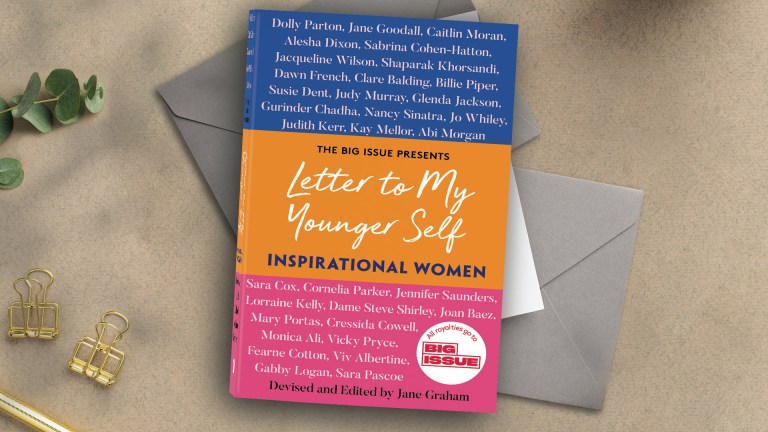The dead or missing girl theme has truly been wrung out for all it’s worth. From shows like True Detective and novels like Jeffrey Eugenides’s The Virgin Suicides, there is a morbid cultural fascination that focuses on the deaths of young white women, using their bodies as a narrative structure. Dizz Tate’s Brutes may begin with the panic over Sammy the missing preacher’s daughter, but the world of Tate’s debut novel blossoms around this cliched trope – opening up a kaleidoscopic image of overlapping teen girl-hoods. In the recollections of suburban Florida, the reader enters a world imbued with small-town mysticism and the quickly fading naivety of young minds.
Through the eyes of a gang of misfit girls and their singular male friend Christian, we see the lives of the group change over one summer. Together they form an amorphous mass, collective mind of desire and insecurity but brimming with knowledge. The events retold feel crisp and clear as if the brutes had experienced them yesterday. It is as if, through these minds that struggle to comprehend secrets they unearth, their shared knowledge has somehow granted them omniscience.
Your support changes lives. Find out how you can help us help more people by signing up for a subscription
Sammy is as rebellious and brutal in her own right as the ones who remember her. This is not the perfect image we expect of the missing girl. These are the messy truths of teenage girlhood. Tate’s decision to evenly distribute focus between the mysterious Sammy, and the violent, gross group who spy on the neighbourhood, we get a true depiction of their world.
Tate disrupts the sentimentality that is a staple of the missing girl template, bursting the bubble of beloved, benevolent victim. There is no lost potential for this squabble of lost misfits who never had much to begin with. What we are left with is a much more exciting novel of sticky youthful misadventure. A collection of raw emotion delivered through a hive mind of teenagers and the shattered retrospectives of adults dealing with the mundane tragedies of life.
Billie Walker is a freelance writer










